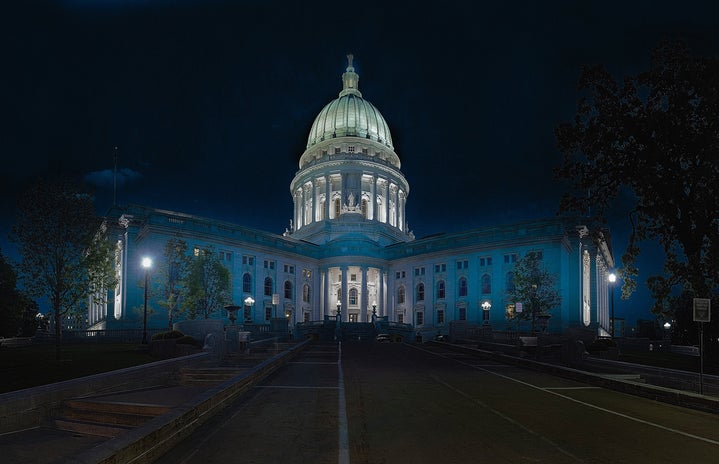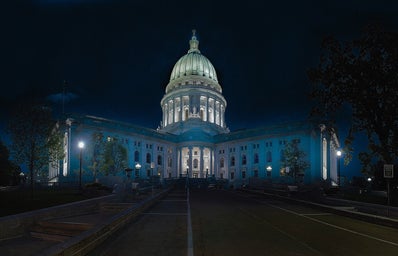In an unusual turn of events, Republican Presidential candidate Nikki Haley lost the GOP primary in Nevada on Feb. 6, as voters overwhelmingly selected the “none of these candidates” option on the ballot. Haley is currently the only major rival to former President Donald Trump, who chose to not participate in the Nevada primary, but the state’s caucus instead, which would be held two days later. This marks Haley’s third back-to-back loss since the primary elections began last month.
As a quick recap, the presidential primaries are when each state holds an election for who they believe should be the Democratic and Republican presidential nominees, who will then contest one another during the presidential election. The state that holds the primary will then use the election results to award delegates to the winners. Primaries typically happen six to nine months prior to the national party conventions, which are where each political party will officially announce and endorse their presidential nominee. This year, the Republican National Convention (RNC) will take place from July 15 to July 18 in Milwaukee and the Democratic National Convention (DNC) will be held from Aug. 19 to Aug. 22 in Chicago. Additionally, some states opt to have caucuses instead of primary elections, where members of a political party gather and choose party candidates for the election. Though primary elections are more common in the United States nowadays, states like Iowa continue to hold caucuses to determine the state’s nominees.
Now, Nevada is unique in that it also held a caucus on Thursday, Feb. 8. No, this isn’t common. In fact, it’s virtually unheard of for a state to hold both a caucus and a primary. Historically, Nevada only held a caucus, but that changed in 2021 when the state passed a law to replace the caucus with a primary election due to problems with the reporting process during the 2020 democratic caucus. Republicans opposed the law and continued to hold a caucus after filing an unsuccessful lawsuit to get rid of the primary. Okay, stay with me because here’s where it gets more confusing. Nevada decided to hold both a primary and caucus, but only consider the results of the caucus when determining how many delegates to allocate. Also, the Republican nominees have to choose which contest they want to compete in because those who participate in the primary will be disqualified from participating in the caucus.
So, what does this mean for Haley’s defeat? Well for starters, since she competed in the primary, not the caucus, she wasn’t eligible to receive delegates regardless of whether she won or not. Haley chose to run in the primary and sacrificed her chance at winning the state’s nomination because she claimed the process for the Nevada caucus unfairly favored Trump. Hayley’s loss was mostly symbolic, and according to her campaign manager Betsy Ankney, “Nevada is rigged for Trump…We have not spent a dime nor an ounce of energy on Nevada.” On the other hand, Donald Trump won the Nevada caucus, after being the only major presidential candidate to compete (hm, maybe Ankney is onto something here). Trump is set to accrue most, if not all, of Nevada’s 26 delegates, needing 1,189 more to receive the party’s presidential nomination.
Now, the GOP contest pivots to the South Carolina primary, scheduled for Feb. 24. Haley will be competing in her home state, for which she was also elected governor twice from 2011 to 2017, before being appointed to be the country’s U.N. Ambassador by the Trump administration. Though the former president remains popular in South Carolina, Haley’s team is hoping her roots in SC will be able to give her campaign the edge it needs to seal victory.


